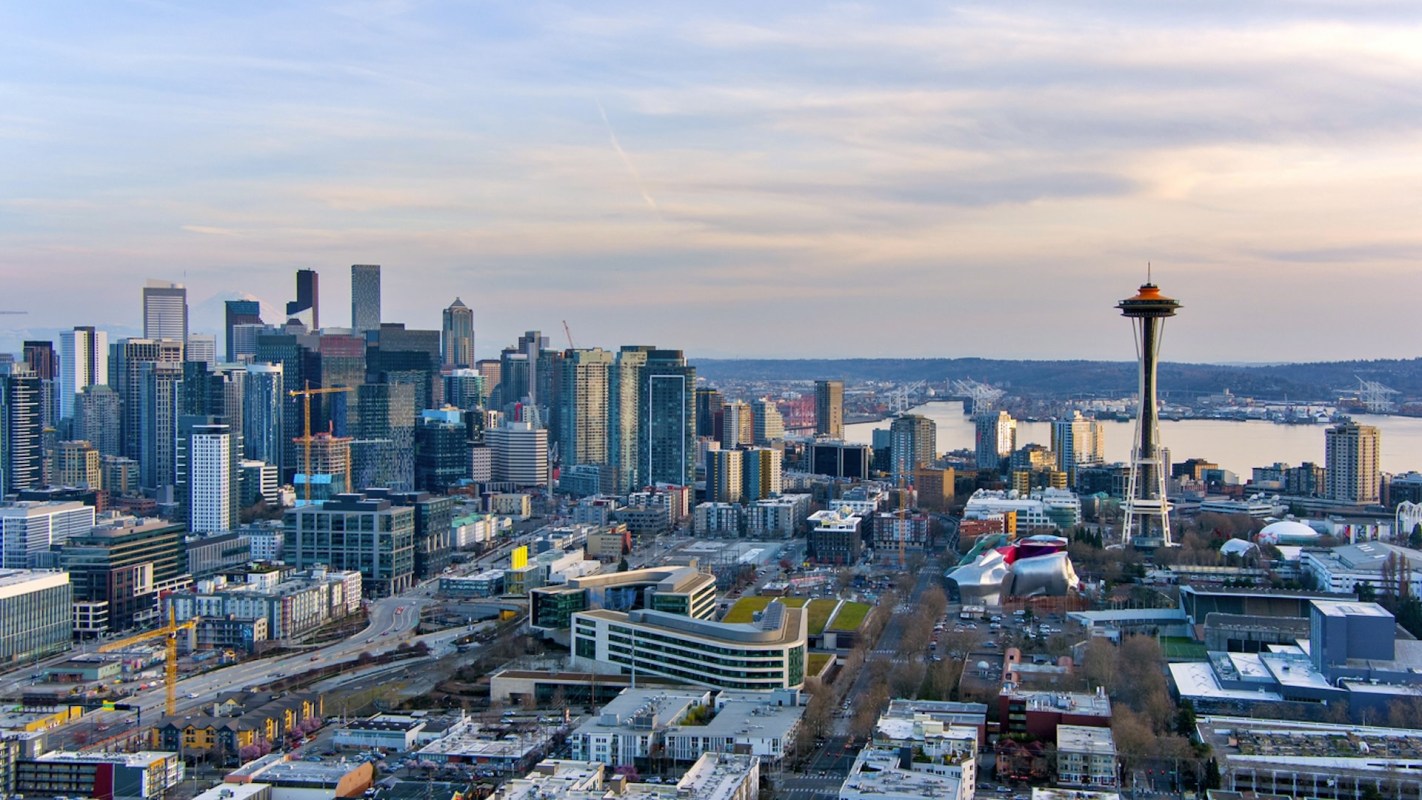New building efficiency standards have been signed into law by Seattle Mayor Bruce Harrell that will require all large buildings in the city to reach net-zero by 2050. The new standards are some of the most ambitious in the nation and are expected to reduce building sector pollution by 27%.
In 2019, Washington became the first state in the United States to enact sweeping energy efficiency standards for private buildings with the Clean Buildings Act. The new standards for its largest city will help the state achieve the goals set out in that bill.
"Seattle and Washington state are leading the way," said Cliff Majersik, the Institute for Market Transformation's senior adviser for policy and programs. "There is every reason to think that they will be the first region of the country to have fully decarbonized buildings."
According to one expert, the new standards should be fairly easy to meet for new construction buildings, which can do things like installing energy-efficient lighting, improving insulation, and installing heat pumps. For older buildings, however, it may be more difficult.
💡Save thousands with a heat pump
A heat pump can save you thousands of dollars in heating and cooling costs — but first you have to find the right installer at the right price.
Use EnergySage's free tool today to find local options, compare prices, and see how much you can save.

The Cool Down may receive a commission on signups made through links on this page, but we only promote partners we vet and believe in. For more cool tips like this one, check out our solutions list here.
"For newer buildings, they are not that far from compliance. For older buildings, it's going to be challenging," Rod Kauffman, president of the Building Owners and Managers Association Seattle King County, told Axios.
Non-complying buildings will be fined if they don't hit targets by 2031.
Similar standards have been passed in New York City, Boston, Washington D.C., and six other cities (including Seattle) and counties across the U.S. as governments seek to improve air quality for their citizens.
Air quality can greatly impact people's health, affecting everything from short-term lung health to long-term risk of asthma and heart attack. Hopefully, these new stringent regulations will be successful in curbing air pollution and providing people with a healthier quality of life.
In addition to helping improve people's health, the new regulations are intended to decrease Seattle's contribution to the overheating of our planet.
Join our free newsletter for cool news and actionable info that makes it easy to help yourself while helping the planet.









